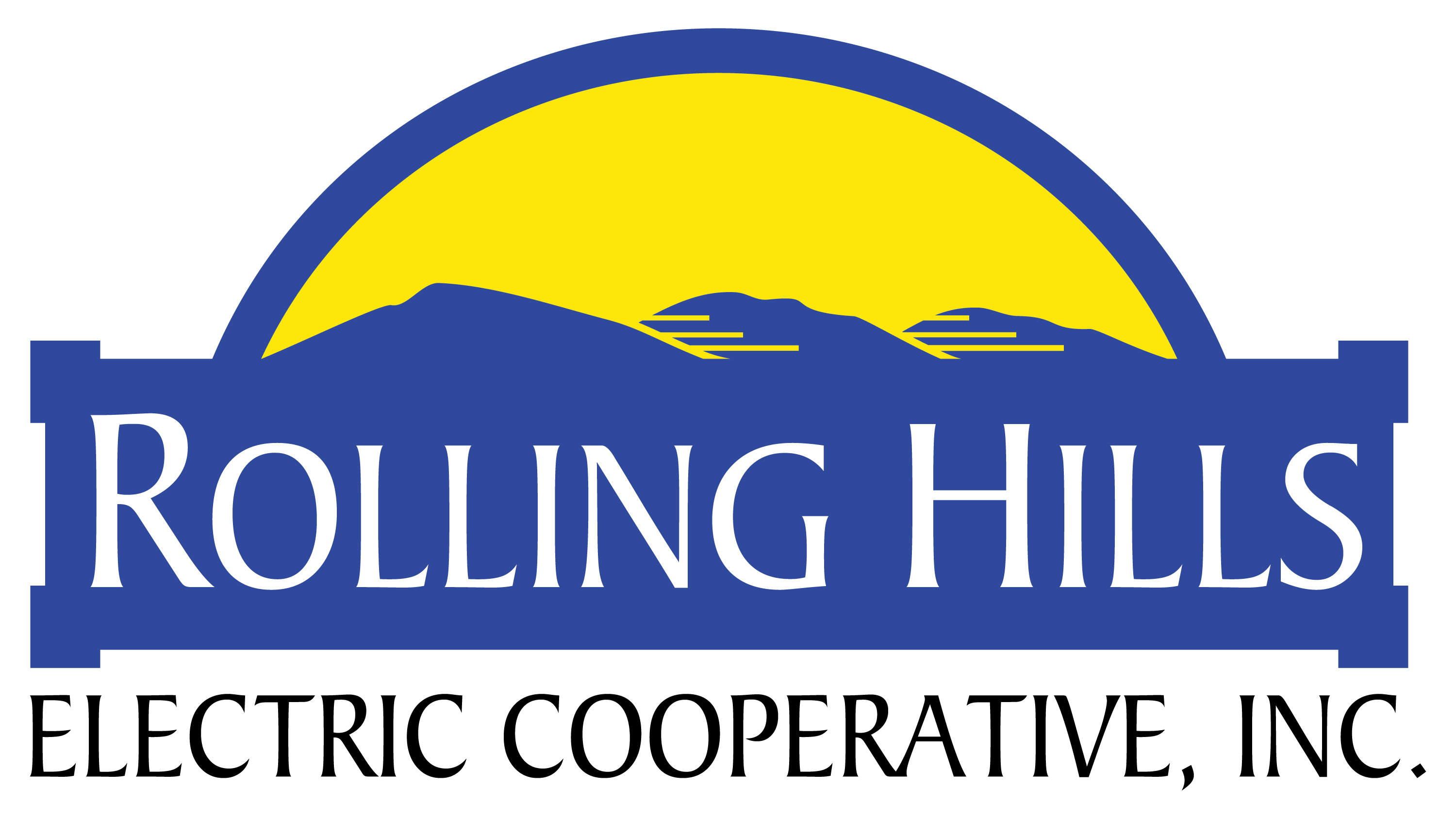Rate Study Information
In April of 2025, we informed our members via the Kansas Country Living magazine that Rolling Hills Electric Cooperative was undergoing a Rate Study. The Rolling Hills Electric Board of Trustees authorized a revenue requirement and cost-of-service study to consider the need for a future rate increase. The Prime Group LLC, an independent rate consulting firm, was contracted to perform both studies.
The rate study has several stages:
1 Revenue Requirement: Calculate the revenue needed to operate the business successfully in the future.
2 Cost-of-Service Study: Identify the portion each rate class is responsible for in the suggested revenue requirement.
3 Rate Design: Design rates so that revenue is collected fairly in each rate class, while also meeting any other goals identified by the board.
Rolling Hills Electric Cooperative is a not-for-profit cooperative who is committed to providing reliable power and quality customer service at the lowest possible cost. RHEC purchases power each month from its power supplier, Kansas Electric Power Cooperative, Inc. (KEPCo), at a wholesale cost to meet the electric energy needs of its members. This cost of wholesale power is a significant cost of providing electric service to the member.
The Power Cost Adjustment (PCA) provides for a monthly adjustment dependent on any differences in the average cost from the base cost of wholesale power. When the kilowatt hour cost to the cooperative is lower than the base cost, there is a credit to the bill. When the kilowatt hour cost to the cooperative is higher than the base cost, there is an adder to the bill.
Wholesale power costs fluctuate for a host of reasons. For example, in the hot summer months, the excess demand for energy requires KEPCo to purchase power from more expensive sources, which includes additional generation costs.
As you can guess, people generally don’t ask questions when their bills are lowered with a credit. They tend to ask questions when their bill is increased. However, consumers can help the cooperative and in turn, themselves by spreading their usage out throughout the day.
The single-phase rate is applicable to single-phase services of a single character for domestic (residential), non-domestic (non residential), farm, public building and commercial use. Individual electric motor sizes are limited to 15 hp and smaller. Single-phase is typically used in homes and small businesses.
Have you ever wondered how the rates you pay for electric service are established? All operations of an electric cooperative are funded through the rates paid by the members. As a not-for-profit member owned business serving your local communities, Rolling Hills Electric Cooperative has two primary obligations. First is to provide safe, reliable and affordable service to the members. The second is to maintain sound financial operations that satisfy the requirements of our lenders. Our member-elected board of trustees and the cooperative’s management must examine rates periodically to ensure they continue to fulfill these obligations, while keeping rates fair and reasonable for the members.
For this reason, Rolling Hills Electric Cooperative is currently undergoing a rate study process to fulfill this responsibility. Cooperatives use independent rate consultants to ensure the process is completed without bias. We have retained the services of Prime Group LLC to conduct our rate analysis using industry-accepted standards.
When the rate study is completed, it will be reviewed by the board in detail. The board takes its responsibility to set fair rates very seriously. After all, they are members of the cooperative and pay the same rates.
After the board’s review, they will determine if there needs to be a discussion and vote on any potential rate changes. Kansas law requires that we provide the membership with notice of the time and place of any meeting of the board of trustees, where rate changes will be discussed and voted on.
Rate change meeting notices will include as many details as possible about any proposed changes. Members will have the opportunity to attend the board meeting to hear the discussion and vote of the board, and express opinions on the changes. Members can find the notice for these meetings in the Kansas Country Living centerspread as well as billing inserts, and social media.
Education Information
Hear from CEO/General Manager: Jason Rabe
5 Years Later: How COVID-19 Pandemic is Still Affecting Your Cooperative
Tackling Rising Costs With Efficiencies and Innovation
What is a Cost-of-Service/Rate Study? What is Demand?
Demand Decoded: Streamline Your Energy Flow
Rate Structure Proposal with Matrix
These articles were published monthly in the Kansas Country Living magazine, starting February 2025.
